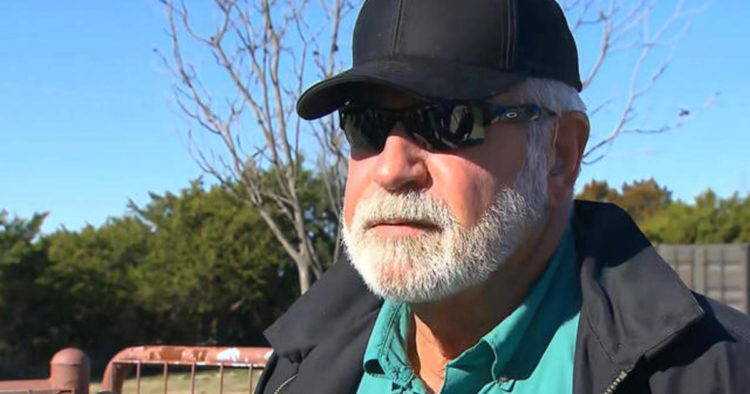The church paid the overtime to have the local police department patrol the parking lot in a marked police car during services. This simple deterrent sends a clear message that this is not an unprotected space and provides rapid response to an event in the church. Having a police officer on a police radio is key to activating the system for armed response and rapid medical treatment.
Church members with medical training established a medical plan which included establishing a casualty collection point, stocking some medical supplies and an evacuation plan.
They identified members of the congregation who could legally carry guns: law enforcement, former law enforcement and concealed carry permit holders. We selected members with the aptitude and desire to help and provided training on the use of force and de-escalation. Once formed, the team was managed to make sure that established security posts, inside and outside the sanctuary were manned. Training is always ongoing.
Firearms training is critical for armed volunteers, but de-escalation and knowing when to shoot is more important than how. Vital skills include situational awareness, threat identification, working around bystanders and evaluating backdrop. The video from Texas clearly demonstrates the difficulties involved. It is graphic but educational.
There is much to be learned from the security team’s response. Why was a suspicious man with a wig, a fake beard and wearing an overcoat allowed into the sanctuary without anyone talking with him and evaluating him? Witnesses say he was clearly out of place.
The first responder was slow to draw and did not move offline. He paid with his life. You can see that while the threat was neutralized, there were several armed team members moving through the church with a lack of muzzle awareness, pointing guns at the entire congregation. After the threat was down, one team member placed himself behind the threat opposite the team member who has just fired, thus creating a potential crossfire situation. These lessons should be studied and applied around the world.
Force on force training with airsoft is a critical component of security team training. Time at the range is necessary but only works one skillset. Team members must learn to anticipate, communicate and coordinate their responses in complex rapidly evolving critical situations.
Armed volunteers are effective, as we saw in Texas, but what about areas where civilians are not allowed to carry guns? Magen Am U.S.A. Inc. has developed an innovative approach in California. While California law allows for concealed carry permits, Sheriffs have the discretion to deny them. Many California Sheriffs only provide permits to celebrities and campaign donors. Based in Los Angeles, Magen Am certifies their volunteers as armed security guards under state law, which allows them to conceal carry.
A registered 501(C)3, Magen Am’s mission statement is “To Train and Empower the community to Secure itself from within.” They are licensed through the California Bureau of Security and Investigative Services (BSIS) as a Private Patrol Operator. This means that in rabidly anti-gun California, they are authorized to carry guns to defend their congregations.
The challenge in politically disarmed areas is daunting. Magen Am’s approach is a great example of rising to a challenge. Not limited to a single religion or state, Magen Am can be contacted on Facebook or at magenamusa.org. They have mobile training teams and viable experience in areas legally hostile to self-defense.
Volunteers must pass a background check, physical readiness test and a psychological evaluation. Magen Am works with security teams and leadership to create an organic blend resulting in a more security-conscious community. They offer training and guidance backed with a state license and a commitment to volunteers that includes insurance and legal defense should an event occur.
Evil exists: denying it is futile and self-defeating. There are many things that can be done to prevent violent attacks even in areas where civilians are legally disarmed. Do something; research, talk, organize, get training and budget for security.
As individuals and organizations, we have an obligation to protect those around us. Volunteer, organize, support good people doing good things. Oppose efforts to disarm the public and embolden evil. Good is winning — help good.
This article was written by Mark Miller, a former Special Forces operator with the 3rd, 7th, and 19th Special Forces Groups.










COMMENTS